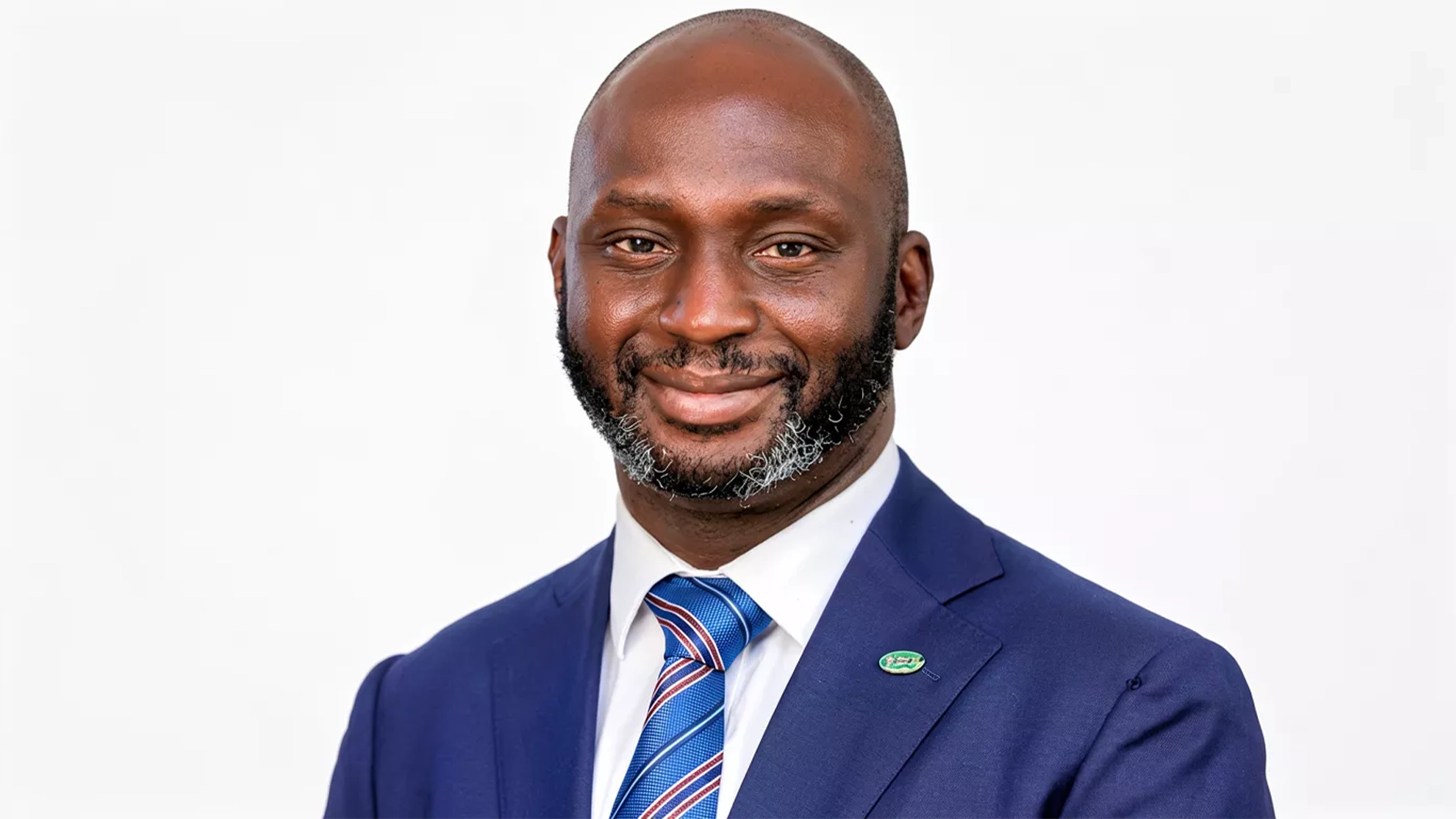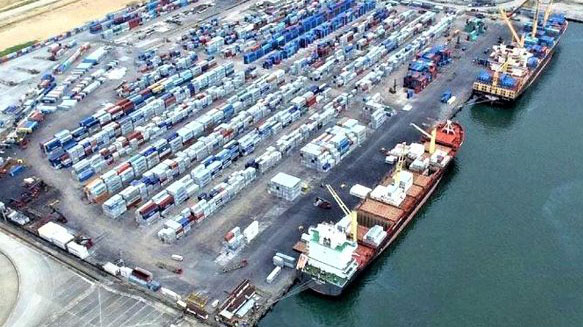Industry captains and sustainability experts have called for innovative financing models and context-specific policies to drive Africa’s energy transition while addressing the continent’s persistent power deficit.
The stakeholders made the callstakeholders made the call on Wednesday at the media launch of the 2025 Private Sector ESG Forum in Lagos, which sets the stage for the main event scheduled for October 28 and 29.
Speaking at the event, Chair of the ESG Forum Technical Committee and External Affairs Director at BAT West and Central Africa, OdiriErewa-Meggison, said Africa must develop its own sustainability framework rather than adopt foreign models wholesale.
“Africa must not merely import global sustainability standards; we must define our own context. Our conversation is not just about reducing emissions, it is about expanding opportunity,” Erewa-Meggison said.
She stressed that the continent’s energy transition must balance environmental concerns with economic realities, particularly the need to provide basic electricity access to millions of Africans.
“The transition is not only about what we stop doing, but what we build in its place: innovation, local capacity, and inclusive progress,” she added.
On her part, Head of Risk and Capital Management at Stanbic IBTC Holdings, Tosin Leye-Odeyemi, emphasised the critical role of financing in achieving sustainability goals.
Leye-Odeyemi called for de-risking sustainability investments through blended finance structures that can attract both public and private capital.
“We must build financial systems that reward responsibility and long-term value creation,” she said, urging the private sector to explore green bonds, sustainability-linked loans, and other innovative financial instruments aligned with Africa’s development priorities.
Also speaking, Head of Corporate Responsibility and Sustainability at TGI Group, YosolaOnanuga, highlighted the link between food and energy security in Africa’s climate resilience strategy.
“Food security and energy security are inseparable. By integrating renewable energy into agricultural production and processing, agribusinesses can lower costs, reduce emissions, and build resilience for communities most vulnerable to climate shocks,” Onanuga said.
Head of Business Communication and Sustainability at BAT West and Central Africa, Halimat Shuaibu, said the forum aims to translate discussions into concrete action.
“This Forum is a collaborative commitment to align profit with purpose, and growth with responsibility,” Shuaibu stated.






